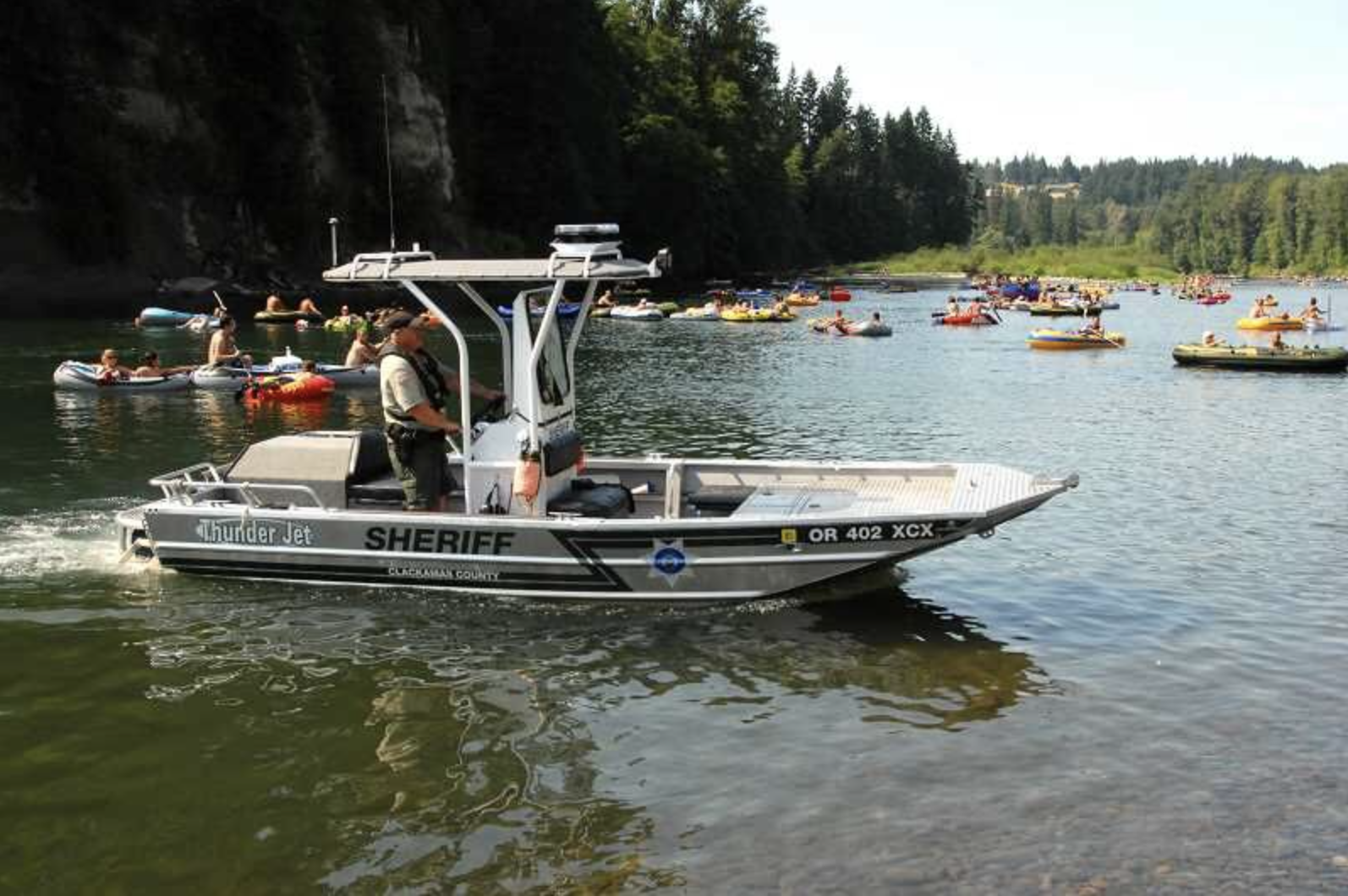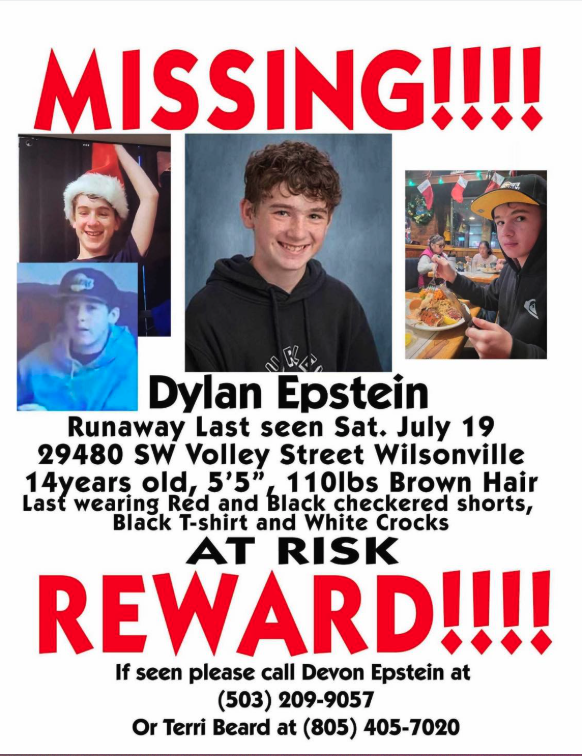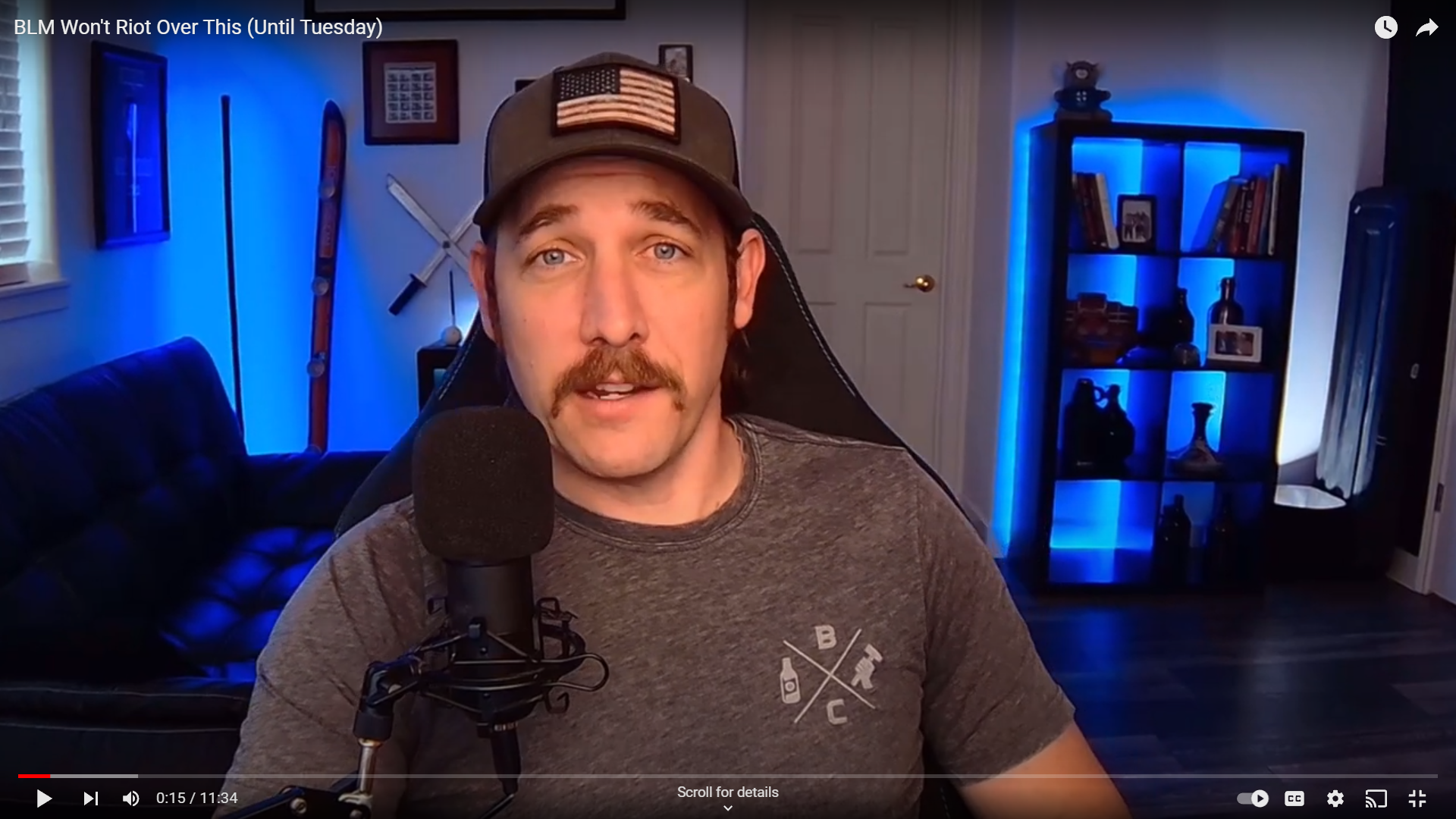Wilsonville councilors discuss changes to RV, abandoned vehicle policy
Published 2:15 pm Monday, July 28, 2025

- A photo of Wilsonville City Hall. (Staff File Photo)
Updating the city’s RV parking and abandoned vehicle policy is just one way that “Wilsonville is growing up,” according to Wilsonville City Councilor Katie Dunwell.
During the council’s Monday, July 21 work session, City Attorney Amanda Guile-Hinman and city law clerk Hannah Young provided an overview of options for updating the policy. Currently, Wilsonville has a 72-hour parking time limit on all public parking lots and streets. The city cannot regulate what happens in private parking lots and driveways.
In the work session, city staff recommended that after public outreach and community engagement, the council should discuss updating existing code to expand how Wilsonville can address overnight parking, abandoned vehicles and RVs.
Trending
“There are times where we get complaints where there’s an appearance that a vehicle hasn’t moved, but it has. It’s just within the time that maybe somebody has seen it, it’s in the same spot again,” said Guile-Hinman. “We also identified that because we have experience in towing vehicles, that depending on the type of vehicle, particularly around RVs, it can be very complex. RVs require a special tow company to come in. They require special storage, and we have to treat them as hazardous waste because of the gray water and black water tanks that are contained in RVs very often. So there’s a lot of complexity that gets tied into that that we have to be mindful of as we talk about this issue.”
The inter-departmental team reviewing the code included representatives from the City Attorney’s office, the Wilsonville Police Department and code enforcement staff.
The work session focused on research into other cities’ policies and next steps in public outreach.
Four similarly-sized Oregon cities — Gresham, Keizer, Sandy, and McMinnville — have RV parking permit programs. Sherwood recently updated its definition of “abandoned vehicle” to be more specific for code enforcement actions.
Possible changes
Ahead of community engagement options, the team presented three options for updating code related to parking enforcement: a 72-hour limit with a 24-hour restriction from returning to the same place, an RV parking permitting program and parking zone differentiation.
Parking zone differentiation could be costly for administration because each parking zone — commercial, residential, etc. — would have different regulations.
Trending
Staff further recommended the council consider updating the city’s definition of “abandoned vehicle” and said that if paired with something like a 24-hour restriction, this would provide a better foundation for responses to complaints.
As the discussion proceeded on RVs, the council liked Young’s framing of a policy that is “strict but flexible.” This leaves room for the nuances and realities of code enforcement.
Young said that the code should have the option for law enforcement to initiate the notice and tow process, but leave room for individuals to move their vehicle or acquire a permit.
If RV permits are distributed and someone fails to obtain one, the cost for the city to tow an RV is between $7,000 and $10,000, so the city would put a burden on itself. Of the eight similar jurisdictions studied six have RV permitting processes.
Still, staff members believe that updating the code will have a public safety impact for residents.
‘Begin with education’
Many councilors agreed that new policies needed to be created, but felt that jumping right to enforcement wasn’t necessary.
“In my mind, we would begin with education. We would go and contact the person who is violating the, whatever we come up with, whether it’s a permit and they don’t have one in their window,” said Councilor Adam Cunningham.
Councilors agreed that an abatement and a compliance based approach would cost the city less money long term.
“I think that we could say pretty definitively, out of the cities that have a more successful program, they have more code compliance officers. Our code compliance officer does an amazing job and really has a good pulse on what’s going on. If we implemented something like this, in my opinion, that would be too much for one person to handle with all the other code compliance issues that we have outside of vehicles and parking,” said Guile-Hinman.
After community engagement and outreach, the code enforcement team will better be able to make a recommendation about next steps and the possible costs those could have.
Guile-Hinman said the legal team will begin public outreach this fall and report back to the council in early 2026.







